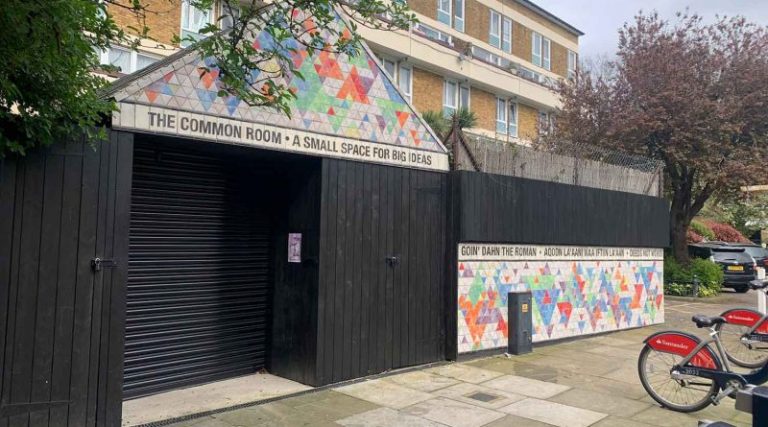Local schoolchildren will suffer if bills soar by 400%
With the energy bills soaring and little advice or support from the council or government, schools are preparing for the harshest of times and it’s the pupils who will suffer.
Schools in Bow are expected to pay almost four times more for energy bills than they did this time last year, which will have an impact on pupils, teachers say.
Headteacher at Cayley Primary School, Graham Clifford, said that last year, the school paid £40,000 for electricity and gas but for this year, it budgeted almost double that amount for this academic year, believing it would £70,000 to heat the red-bricked large Victorian school house. ‘But now we’re looking into six figures based on current trends.’
Similarly, a mile and a half north at Chisenhale Primary School, its electricity and gas bills are rising.
Like Cayley, last year it paid almost £40,000 for gas and electricity. But this year, for electricity alone, it expects to pay around £45,000. As for gas, the standing charge alone has quadrupled from £267 a month to around £1000 a month. The school’s finance manager, Joanne Bird, said she doesn’t want to work out yet how much Chisenhale will overspend on gas this year as it is too ‘depressing’.
Clifford spoke of his concern of the effect such rises will have on pupils.
While he said his school is fortunate that it has reserves which it can dip into, the school is asking questions around whether it should invest in updating playground equipment and new classroom activities, or use that buffer to pay for bills.
Ruth Crossan who works with vulnerable pupils and families at Chisenhale Primary School, also spoke of the impact this may have on pupils, particularly on food quality.
While Chisenhale has a set cost contract with a catering company, she said ‘there is the worry that, as food prices and energy prices go up, is that going to affect the quality of the food we’re serving?’ Around a third of the school’s 340 pupils rely on free school meals, often the only main or big meal they have in the day.
Malmesbury Primary School’s union representative at National Education Union, Rosanna Bond, said that schools’ original purpose of providing an education, now goes beyond that role: ‘We have children in the school five days a week, for seven hours a day, you know, we’ve got children who maybe rely on that hot meal, or on warmer classrooms.. we have a duty of care to these children.’
Out of the school’s budget, Bond said that Malmesbury offers ‘a quite heavily subsidised wraparound service’. This includes free breakfast, or after-school care. If Malmesbury has to reduce any of those services to divert money to pay for the increasing bills, Bond noted that it is the children who will ultimately suffer.
Despite the government’s announcement last week that schools will receive energy support for six months, the schools’ staff feel like they have been largely forgotten in both the council’s and government’s policies to help struggling communities.
The local council has promised a £2.7m package for low-income families, and a further £1m for families to help with fuel hikes. The government is capping energy bills for households and offering further relief packages.
But, with schools, all there’s been is a short announcement from the government of a six-month plan. Clifford said he is doubtful that the recent announcement will make a material difference to what they’re already paying based on last April’s increases.
Bond said she is not surprised at the lack of guidance: ‘If we look back at the pandemic, there was very little support and advice for schools.’ She said that it is reminiscent of the pandemic where ‘schools had to muddle along and do it as best they could, off their own backs’.
And this ‘muddling along’ might mean fewer services provided by schools in an effort to work within their budgets without heading into deficit. There has been muted talk, although nothing confirmed, that some schools may even reduce opening hours to cope with the crisis. But for Bond, she disagrees with this: ‘That’s a day where our families might have to find childcare and pay for that… so that’s pushing costs back onto families.’
Bond concluded: ‘Whatever way we go, it is the children who will suffer.’
Roman Road LDN approached Councillor Maium Talukdar, Cabinet Member for Education and Youth, for comment and is awaiting a response.
If you read this article, then read our piece on the cost of living crisis in Tower Hamlets.








